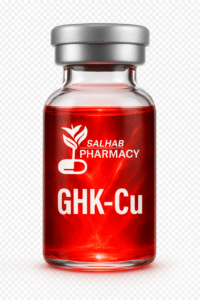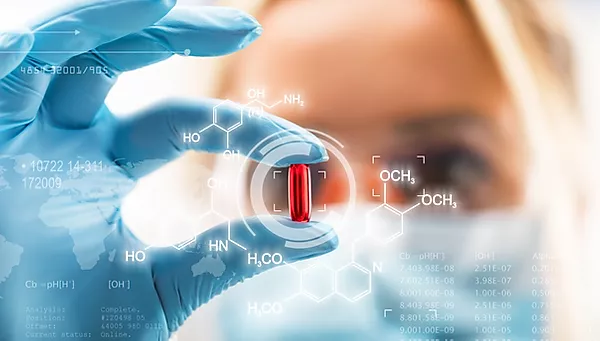
The Human Peptide GHK (glycyl-l-histidyl-l-lysine)
The human peptide GHK has multiple biological actions, all of which, according to our current knowledge, appear to be health positive.
✨ Biological Actions
- Stimulates blood vessel and nerve outgrowth.
- Increases collagen, elastin, and glycosaminoglycan synthesis.
- Supports dermal fibroblasts.
🩹 GHK Improves Tissue Repair
- Skin
- Lung connective tissue
- Bone tissue
- Liver
- Stomach lining
🛡️ Protective Actions
- Anti-cancer activities
- Anti-inflammatory actions
- Lung protection and restoration of COPD fibroblasts
- Suppression of aging-accelerating molecules (e.g., NFκB)
- Anti-anxiety, anti-pain, anti-aggression activities
- DNA repair
- Activation of cell cleansing via proteasome system
📊 GHK and Gene Expression
GHK alters gene expression significantly.
- Stimulates/suppresses ~31% of genes with ≥50% change.
- 59% upregulated, 41% suppressed.
💎 GHK Improves Skin Regeneration
- Highest levels in youth (~200 ng/mL at age 20 → ~80 ng/mL by 60).
- Triggers collagen synthesis, glycosaminoglycans, proteoglycans.
- Regulates metalloproteinases and anti-proteases.
💄 Cosmetic Use of GHK-Cu
Clinical studies show improvements:
- Density, thickness, clarity, wrinkles.
- Eye cream, thigh applications, facial cream trials validated.
🔑 Conclusions
- Safe
- Inexpensive
- Extensively studied
- Multifunctional (wound healing, skin remodeling, anti-cancer, anti-inflammatory, anti-anxiety)
Potential future applications:
- Supplements for elderly populations
- Complementary cancer therapies
- COPD therapy
- Anti-anxiety and pain treatments



